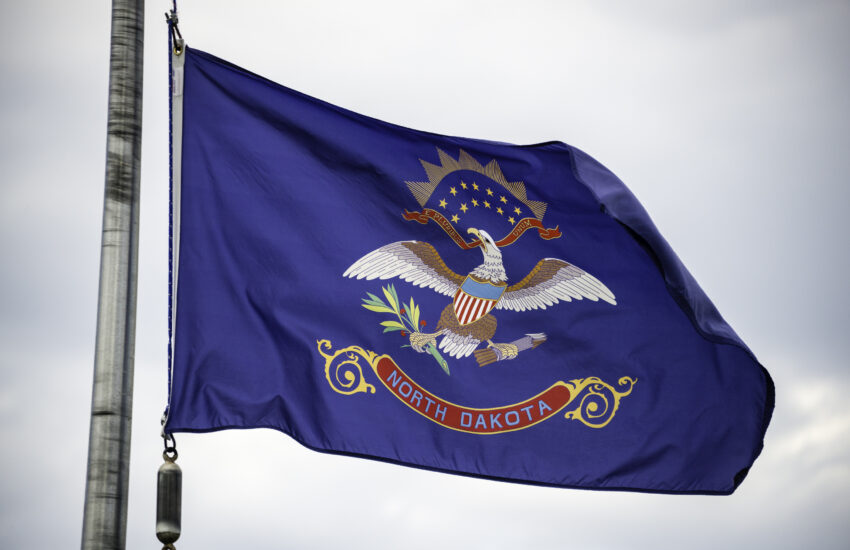In a landmark decision, a North Dakota jury has ordered Greenpeace to pay over $660 million in damages to Energy Transfer, the company behind the Dakota Access Pipeline (DAPL). This verdict stems from Greenpeace’s involvement in the 2016-2017 protests against the pipeline’s construction near the Standing Rock Indian Reservation. Energy Transfer accused Greenpeace of defamation, trespassing, nuisance, and civil conspiracy, alleging that the organization orchestrated violent protests and disseminated false information about the pipeline, leading to significant financial losses.
The DAPL project, completed in 2017, transports approximately 40% of the oil produced in North Dakota’s Bakken region. During its construction, environmental activists, including Greenpeace, opposed the project due to concerns over potential water contamination and climate change implications. The protests garnered national attention, with activists setting up camps and engaging in demonstrations to halt the pipeline’s progress.
Energy Transfer filed the lawsuit against Greenpeace in 2019, seeking damages for the alleged defamation and disruptions caused by the protests. The trial, which began in February 2025, concluded with the jury finding Greenpeace liable on multiple counts, including defamation and civil conspiracy. The awarded damages include over $400 million in punitive damages, reflecting the jury’s stance on the severity of Greenpeace’s actions.
Greenpeace has announced its intention to appeal the verdict. Deepa Padmanabha, Greenpeace’s senior legal adviser, emphasized the organization’s commitment to peaceful protest and advocacy, stating, “We know that this fight is not over.” She further highlighted concerns about the implications of the ruling on free speech and the right to peaceful protest.
This ruling has sparked significant debate among advocacy groups and legal experts. Critics argue that the verdict could have a chilling effect on environmental activism and free speech. Rebecca Brown, president and CEO of the Center for International Environmental Law, described the verdict as “a calculated attack on the sovereign rights of the Standing Rock Sioux and all indigenous peoples defending their land and water.” She expressed concern that the decision sets a dangerous precedent for corporations to silence dissent through legal means.
Legal experts have characterized the lawsuit as a Strategic Lawsuit Against Public Participation (SLAPP), intended to intimidate and silence critics by burdening them with costly legal proceedings. Jennifer Safstrom, director of the Stanton Foundation First Amendment Clinic at Vanderbilt Law School, noted that the verdict “really changes the calculus for advocacy groups who are engaged in, not just environmental issues, but more generally, in advocacy.” She emphasized the potential for such lawsuits to deter organizations from engaging in public discourse and protest.
Energy Transfer, on the other hand, views the verdict as a validation of their claims. In a statement, the company expressed gratitude to the judge and jury, stating, “While we are pleased that Greenpeace has been held accountable for their actions against us, this win is really for the people of Mandan and throughout North Dakota who had to live through the daily harassment and disruptions caused by the protesters who were funded and trained by Greenpeace.”
The financial implications of the verdict are substantial for Greenpeace. The organization has indicated that such a significant financial burden could jeopardize its operations in the United States. Sushma Raman, interim executive director of Greenpeace Inc., stated, “This is the end of a chapter, but not the end of our fight. Energy Transfer knows we don’t have $660 million. They want our silence, not our money.”
As Greenpeace prepares to appeal the decision, the case underscores the complex interplay between environmental activism, corporate interests, and legal boundaries. Observers will be closely monitoring the outcome and its potential impact on the future of peaceful protest and advocacy. The ruling raises critical questions about the balance between protecting corporate interests and upholding constitutional rights to free speech and assembly. The outcome of the appeal will be pivotal in determining whether this verdict will set a precedent that could deter future activism and limit the ability of organizations to advocate for environmental and social causes.

